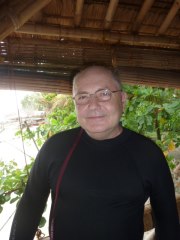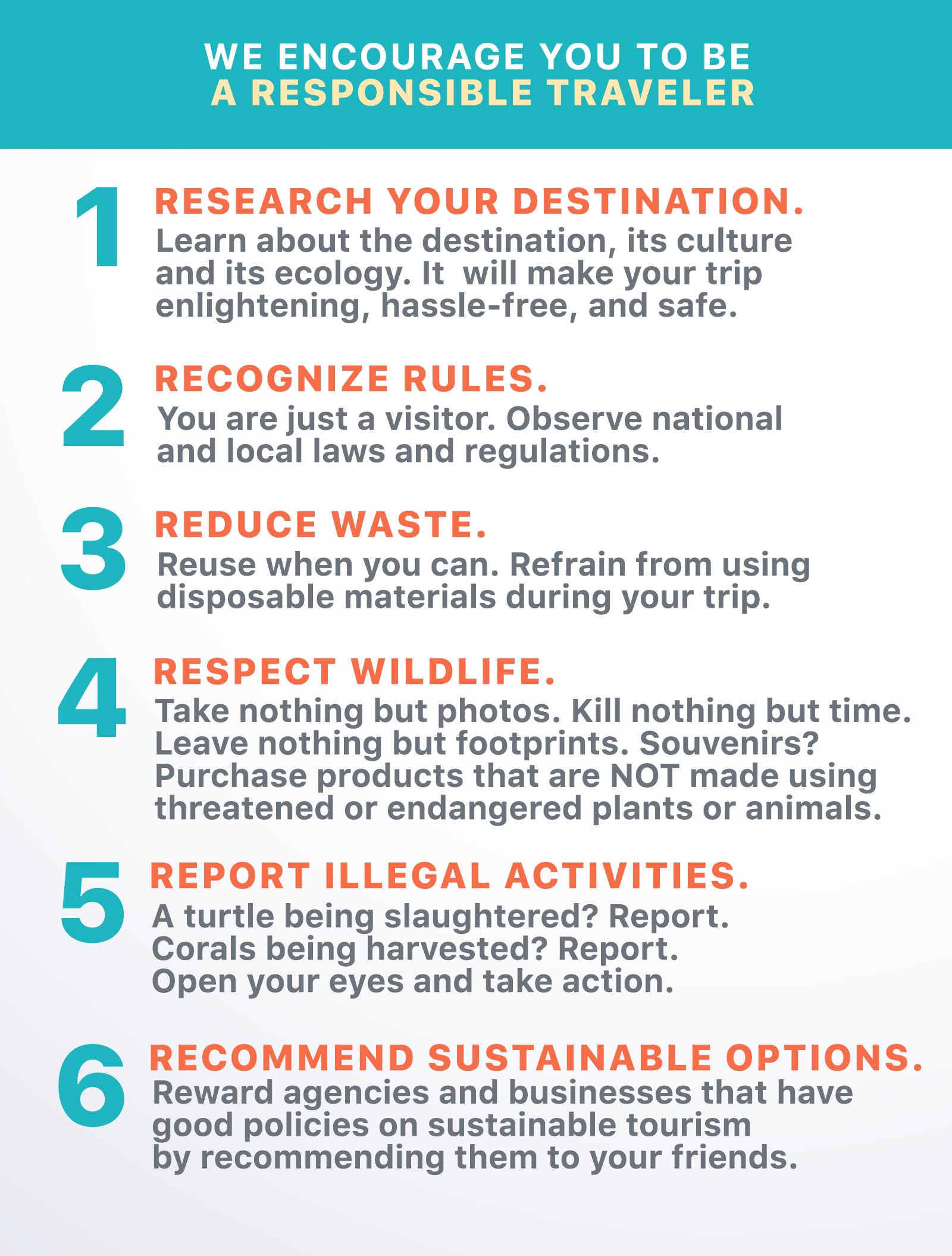

2013 • 01 • 25
Martin Jordan constantly looks out at the sea from the shore of the Dive Hub marine protected area (MPA), a 3000-sq.m. marine sanctuary in Siaton, Negros Oriental that he helped establish in 2007. This German expatriate and his small crew risk life and limb guarding the MPA against illegal fishers and trawlers every day and night. This strict management is why Dive Hub MPA’s marine biodiversity rivals even that of nearby Apo Island.

True, helpful, straightforward
What do you like best about the seas?
The rich energy of the sea is what gives our whole planet its life. It draws me to its wondrous beauty and power.
What made you start caring about the sea?
As a teacher of conservation for more than 20 years in Germany, I have a scope of appreciation [for marine] biodiversity and [the] food chain, from the zooplankton to the whales that the sea hosts generously. [The sea] is our main source of food and supplier of medicines, providing us with all vital needs. Healthy seas should be everyone’s concern. Our neglect can cause fatal consequence for all.
Why did you establish the MPA?
It was a real eye-opener in late 2006 that a rich coral area like Antulang was getting empty, and its few coastal residents had nothing to catch for weeks. It was easy to see why it was depleted, as day and night all kinds of destructive fishing was stripping the area of life. We voiced [our concerns] to the LGU. Because we were persistent in protecting what we believe can help the community (i.e. the MPA), in less than a year, we were seeing very encouraging results as the fish community started to grow.
(Editor’s note: the consistent annual growth of the MPA’s fish stock benefits the local community with spillover fish. Latest surveys show there are 379 types of fish in the Dive Hub MPA, including the Whitetip reef shark.)
What do you find most challenging about the work that you do?
Our small but highly-functional MPA can only survive if there is a basic understanding and appreciation, [but] we cannot expect a deficit government to fund protected areas where the rule of law is nil.
What is the most rewarding part of the work you do?
Championing the life of the reef has its daily rewards, when I see that the schools of jackfish and batfish are growing. This balance makes the MPA resilient… I think these are miracles we never expected.
Why should we help save the seas?
Easy answer: to survive. To safeguard the health of the sea means helping citizens cope with changes to disease, fisheries, water supply, and agricultural activity [due to] climate change. Protection and sound management of the coastal resource through the MPAs is the most cost-effective natural solution, and scaling up awareness to reach legislators can provide exciting new opportunities to better protect the sea.
(Interview by Gena Dayon, with partial edits by Nix Nicolas)
Reminders


Comments